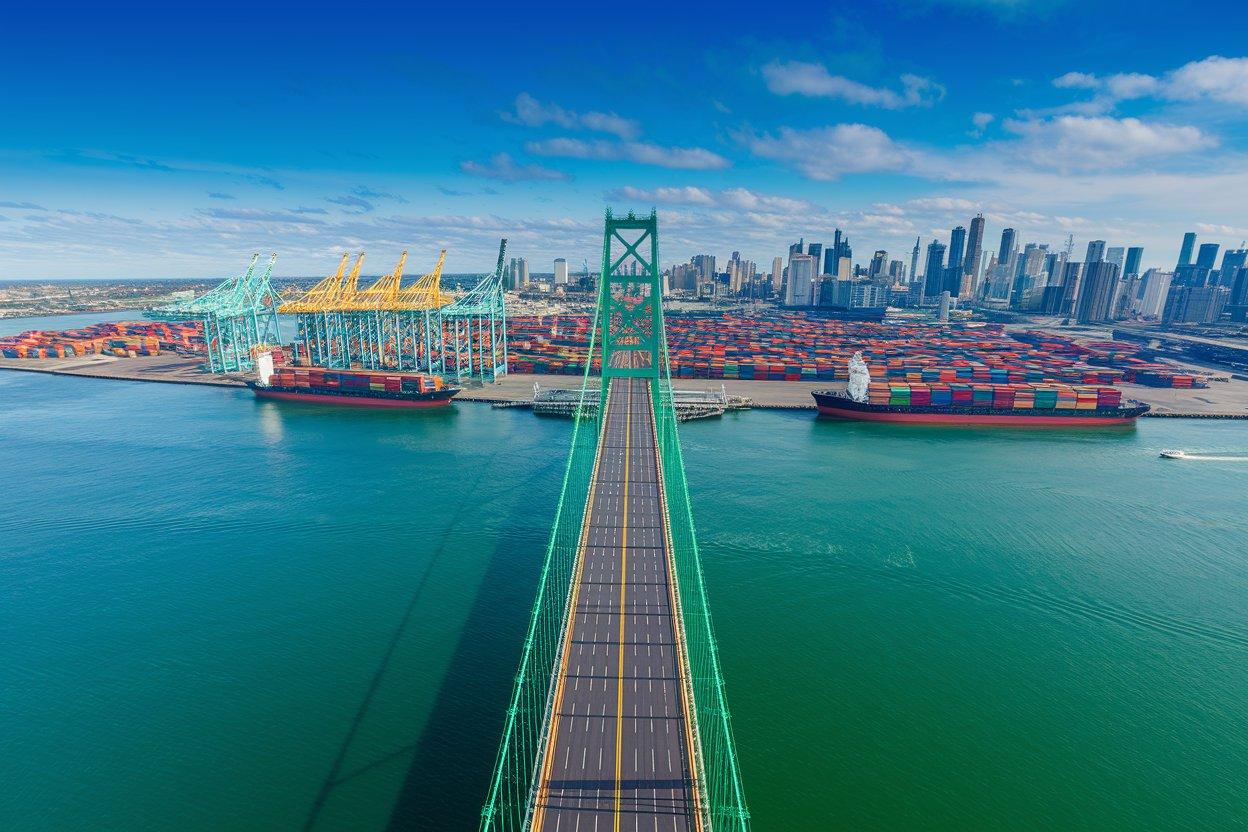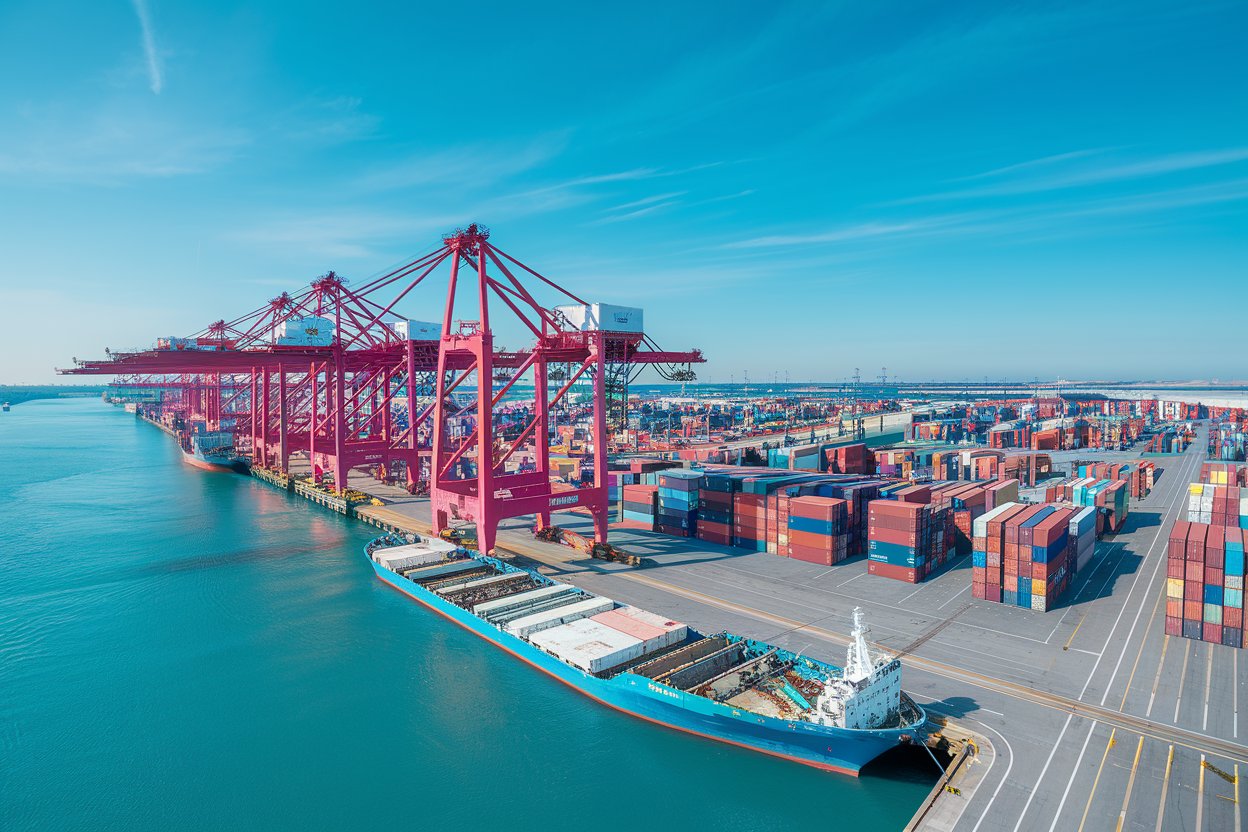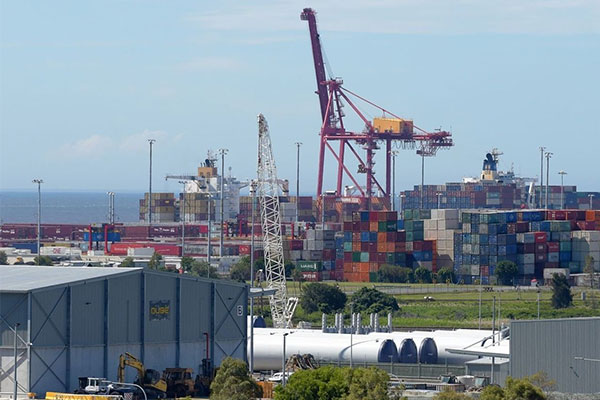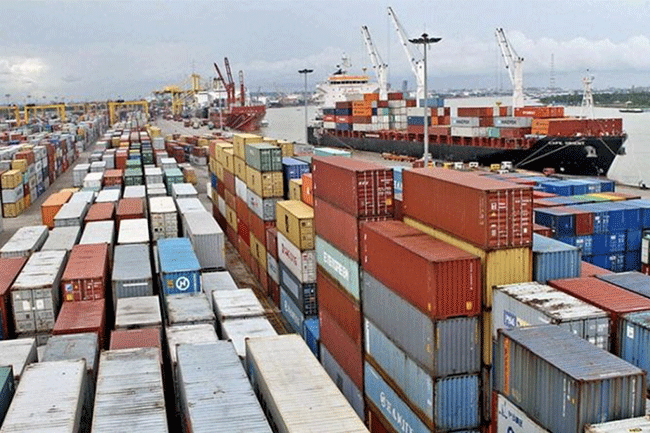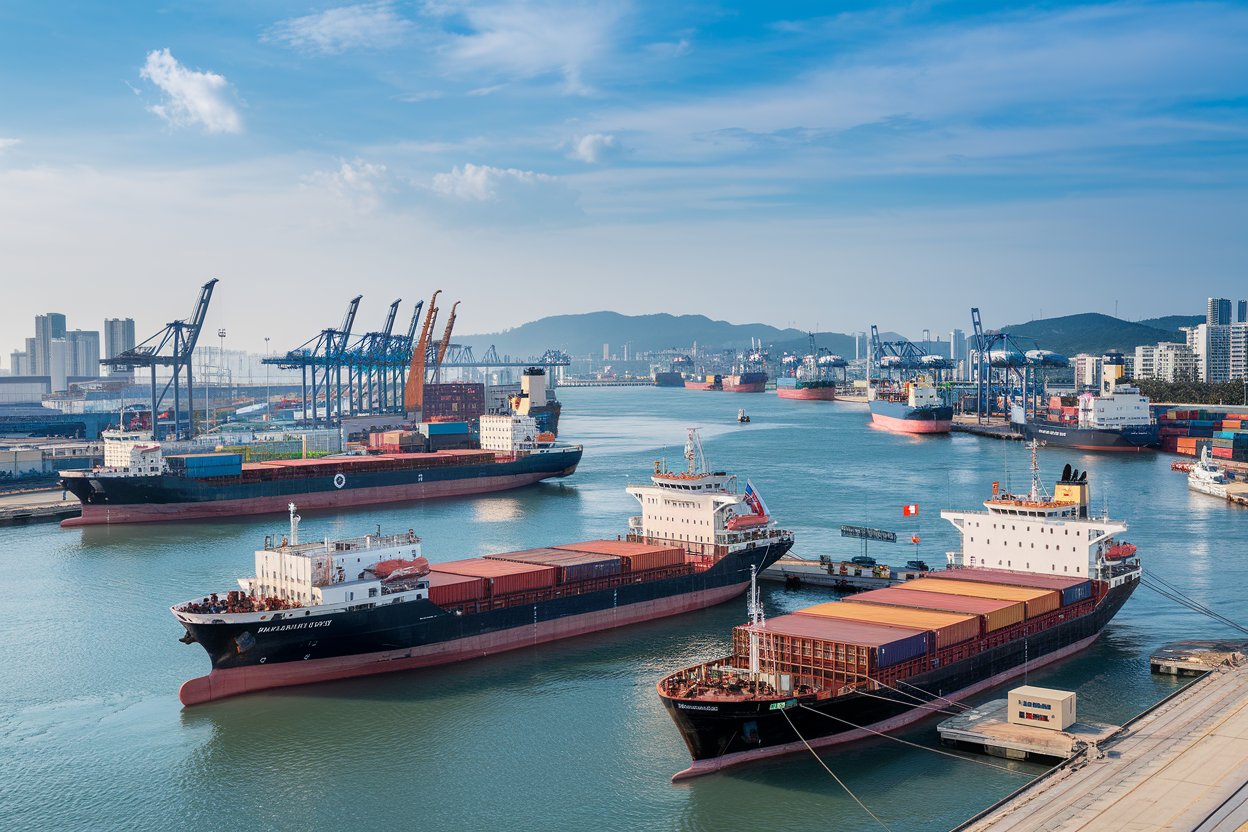- Shanghai Zhongshen International Trade Co., Ltd. - Two decades of trade agency expertise.
- Service Hotline: 139 1787 2118
Credit risks of Indian clients
The Indian market attracts numerous businesses due to its potentialforeign tradeenterprises, but credit issues with some Indian clients frequently occur. Taking a case as an example, a long-term client paid 45% of the payment (approximately over $30,000) under FOB terms, but refused to pay the remaining 55% balance (about $40,000) after the goods arrived at the port on May 26, and did not take delivery. This situation is not isolated, as delayed payments or cargo abandonment occur from time to time among Indian clients, posing significant financial risks to exporters.
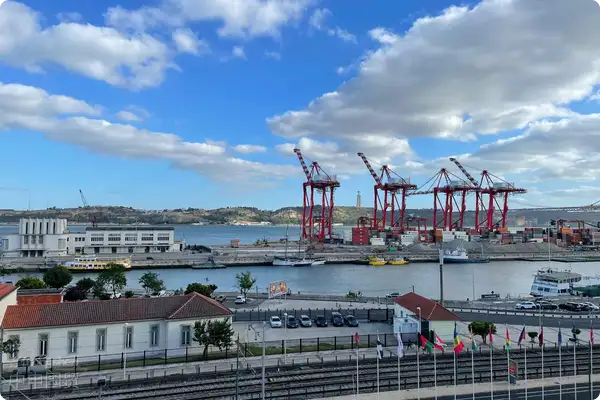
Division of responsibilities under FOB terms
FOB (Free on Board) terms stipulate that the seller is responsible for loading the goods onto the ship, with risk transferring to the buyer at the ships rail. The buyer needs to payMaritime Transportationthe fees and complete the customs clearance procedures. However, if the buyer fails to pay the balance, although the seller has fulfilled the loading obligation, it becomes difficult to control the subsequent disposal of the goods. In the case, the freight forwarder indicated that the ocean freight was unpaid and the goods were still under their control, highlighting the sellers passive position when the buyer defaults under FOB terms.
Consequences of cargo detention at port
Cargo detention at port brings multiple issues:
- Accumulation of demurrage charges: In the case, the 14-day free container period had expired, with demurrage charges continuously increasing.
- Disposal restrictions: Indian customs regulations stipulate that without the buyers written abandonment declaration, the seller cannot return or resell the goods.
- Potential losses: If the detention period is too long (for example, 2 months port detention fees reaching $40,000), the seller may face claims from freight forwarders or shipping companies, or even legal proceedings.
Response Strategies
For Indian customers under FOB terms, the following recommendations are suggested:
Optimize payment terms
- Full advance payment: Require 100% payment before shipment to avoid balance payment risks.
- L/CPurchase credit insurance: Use bank guarantees to ensure fund security.
Risk prevention and insurance
- Purchase Sinosure insurance: Having consulted Sinosure, loss should be reported promptly to minimize damage.
- Customer investigation: Verify customer credit history and market reputation before cooperation.
Cargo control and disposal
- Retain cargo ownership: Negotiate with freight forwarders to withhold cargo release until final payment is made.
- Quick resale: If new buyers are available, attempt resale but note Indian customs requires buyers abandonment declaration.
Legal and contractual safeguards
- Improve contracts: Clearly specify port demurrage fees and breach liabilities.
- Warning letter from a lawyer: If customers delay, apply legal pressure through attorneys.
Conclusion
Indian customers failing to make final payments or take delivery under FOB terms highlights credit risks in foreign trade. Exporters can immediately initiate Sinosure claims while negotiating cargo control with freight forwarders, seeking legal support when necessary. Going forward, transaction security should be ensured through strict payment terms and risk assessments.
Related Recommendations
? 2025. All Rights Reserved. Shanghai ICP No. 2023007705-2  PSB Record: Shanghai No.31011502009912
PSB Record: Shanghai No.31011502009912
